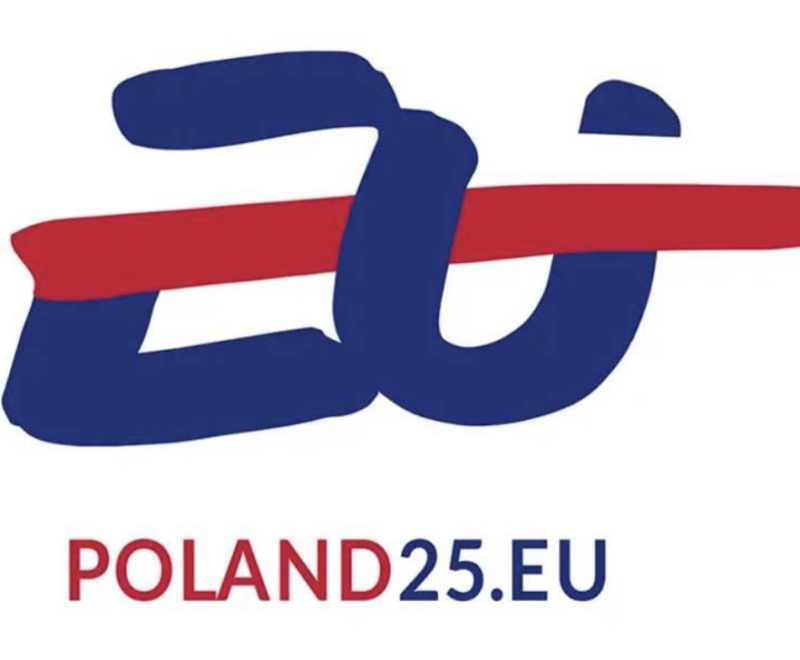Poland has stepped into the driver’s seat of the European Union’s Council presidency as of January 1, replacing Hungary at the helm. While the presidency doesn’t come with direct executive power, it allows the presiding nation to set priorities and guide discussions on key issues during its six-month term.
Hungary’s tenure, which began in July 2024, stirred controversy right out of the gate. Prime Minister Viktor Orbán’s diplomatic visits, including a trip to Ukraine and a later meeting with Russian President Vladimir Putin in Moscow, sparked criticism from other EU nations. Orbán wrapped up Hungary’s term in December by meeting U.S. President-elect Donald Trump to discuss a possible peace framework for the Kyiv-Moscow conflict.
Poland, however, has hit the ground running with a sharp focus on security as its cornerstone agenda. As one of the EU’s fastest-growing economies, contributing 4% of the bloc’s GDP, Warsaw is channeling its efforts into defense and stability. Notably, Poland leads Europe in defense spending, investing a larger share of its GDP in this sector than any other member state.
Poland’s presidency will prioritize addressing the ongoing conflict in Ukraine and the intensifying migration challenges along its border with Belarus. The Polish Government recently implemented restrictive measures, including a temporary law limiting asylum rights, a move that hasn’t sat well with left-wing factions both domestically and abroad.
Polish Prime Minister Donald Tusk justified the measures, asserting that asylum provisions were being misused by adversaries to destabilize the nation:
“Enemies of Poland are exploiting asylum to undermine our country,” Tusk stated firmly.
In 2024 alone, at least 63 officers sustained injuries while managing border incidents described by officials as “hybrid attacks.” Such events underscore the challenges Poland faces as both a migration buffer and a frontline defender against regional instability.
Poland’s strategic location, bordering both Russia and Ukraine, cements its role as a pivotal player in EU politics. Acting as a bridge between Western and Eastern Europe, Warsaw serves as both a mediator and a staunch advocate for regional security.
As Poland’s Council presidency unfolds, its focus on defense, migration, and the broader geopolitical landscape will undoubtedly shape EU discussions in the coming months. Warsaw aims to leave its mark as a determined guardian of stability during this critical period for Europe.




